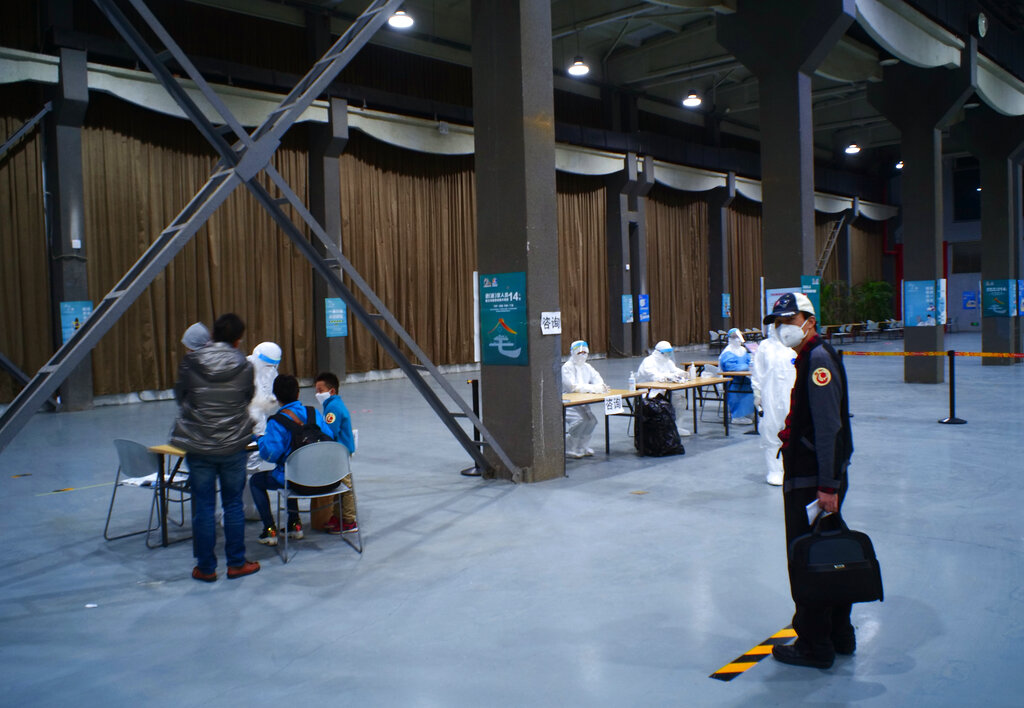The human body is vulnerable to the coronavirus that is raging across the world. But Covid-19 is, seemingly, threatening the body politic of the global order as well. There is evidence of authoritarian regimes taking advantage of the pandemic to crush civil liberties and democratic rights. The virus, worryingly, has also led to a surge in shrill nationalism, the kind that energizes the rhetoric of a virulent right-wing. The model of a multilateral world order where nations trade, albeit iniquitously, and cooperate with one another is under an unprecedented assault from the spectre of protectionism, a malady that can, ironically, undermine collective efforts to provide a cure for the virus. Facts bear out this grim hypothesis. The United States of America, a powerhouse in the realm of science and research, is now under the thumb of a president who is the poster boy of protectionism. Donald Trump and his administration have taken recourse to an old legislation to ban the export of protective masks, while ordering American manufacturers to redirect their products to the domestic market. China, the US’s rival, is also likely to leverage its influence on the production of core chemicals necessary to manufacture drugs for its own strategic expansionism. It is entirely possible that intense national rivalries could end up pushing up the price of the cure, if there is one, for the coronavirus, making the wonder drug inaccessible to the weaker economies. This could, in turn, cause ruptures, undermining trust among nations, further encouraging insularity.
The narrow vision pursued by influential economies could not have blossomed at a worse time. The need of the hour during a global pandemic is global cooperation — the fundamental tenet of multilateralism. This is the time for nations to share resources and personnel — medicine, technology, knowledge, health workers — to try and put up a united front against a marauding contagion. What is unfolding on the ground — Cuba’s assistance to Italy was an aberration — is the very opposite of a multilateral management of the crisis. Of course, populist leadership is not the only reason behind the triumph of toxic nationalism. Its genesis can be explained by the inequities that pockmark the globalization process. The failure to share profit honourably has come to haunt multilateralism in the form of an ideological alternative that is as vicious as the virus.











